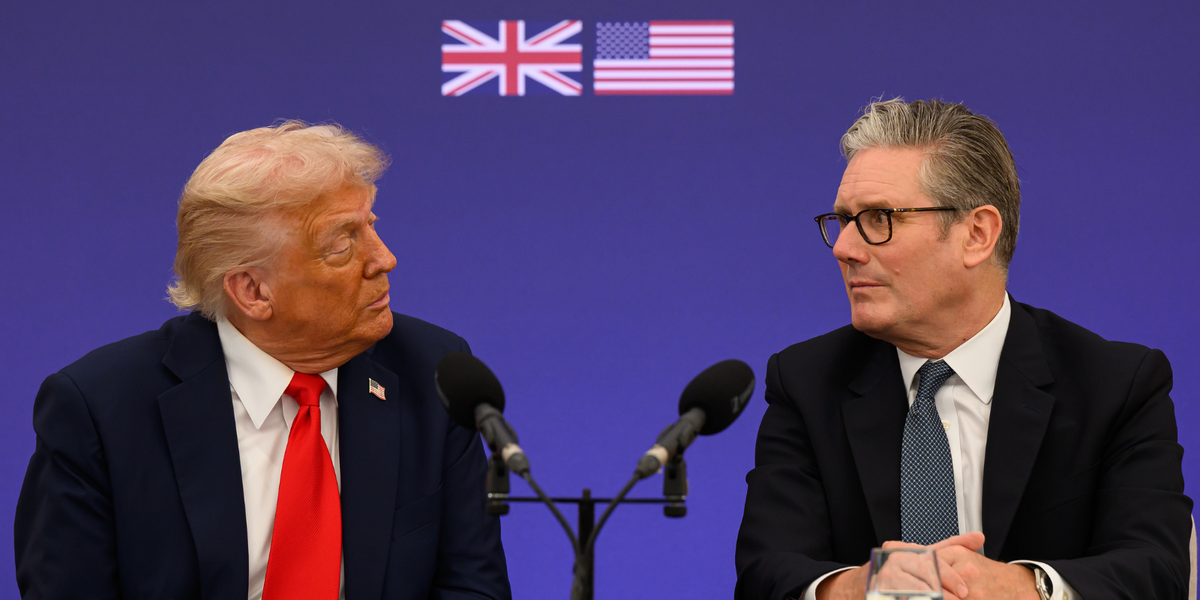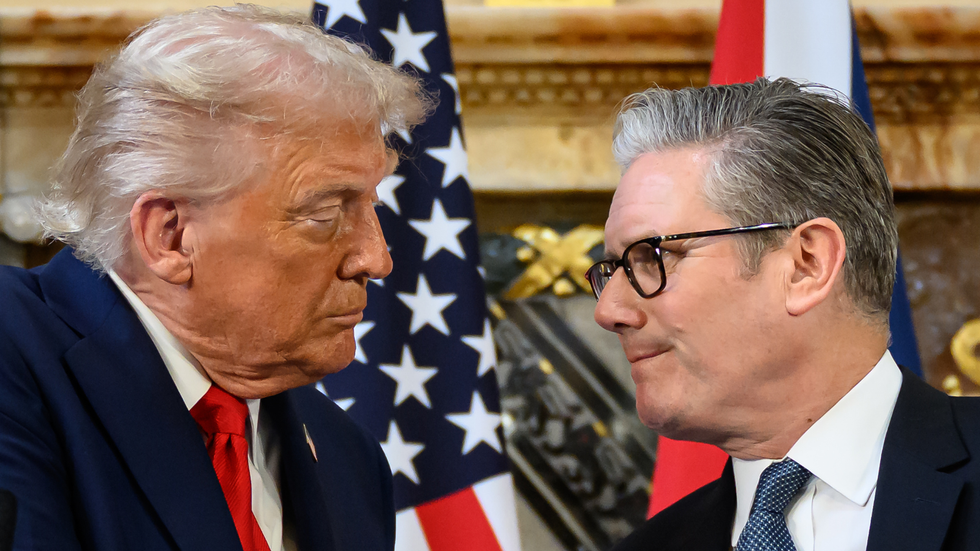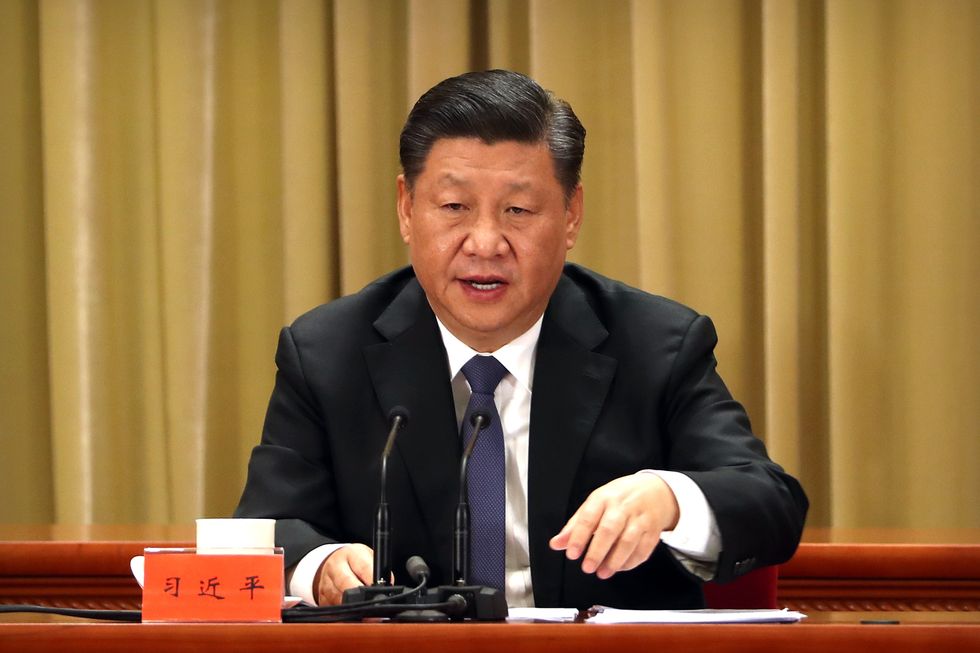



The White House has warned Sir Keir Starmer that Britain’s failure to prosecute two suspected Chinese spies risks damaging the special relationship and could jeopardise intelligence sharing between London and Washington.
US President Donald Trump is said to be increasingly concerned about Britain’s reliability after charges were dropped against two Britons accused of spying for the Chinese Communist Party (CCP).
Ex-parliamentary assistant Chris Cash, 30, and academic Christopher Berry, 33, had charges of alleged espionage dropped last month after Whitehall refused to provide evidence to the Crown Prosecution Service that indicated China is a "threat to national security".
A senior White House aide said that the US has been "warning allies about the Chinese threat to our combined national security since President Trump first came into office in 2017".

US President Donald Trump is said to be increasingly concerned about Britain’s reliability after the charges were dropped
|GETTY
The Trump administration official continued: "The US government exercises extreme caution in sharing information with foreign governments subject to adversarial coercion and influence.
"We are especially careful in jurisdictions where our adversaries can act with impunity.”
Leading Republicans have also called for the prosecution of the two suspected spies to move forward.
House of Representatives’ China committee chair John Moolenaar said: “As a target of [Chinese Communist Party] espionage, it is my hope that the UK government will not allow this case to falter and will take the steps necessary to ensure a clear message is sent and proper justice is served.”

Chris Cash, 30, and Christopher Berry, 33, had charges of alleged espionage dropped last month
|GETTY
Mr Cash and Mr Berry were charged in April 2024, but saw their trial collapse days before it was due to start at Woolwich Crown Court.
The collapse came just days after Sir Keir's national security adviser Johnathan Powell allegedly told Whitehall officials that China would not be labelled as an "enemy" during the proceedings, the Sunday Times reported.
Under the Official Secrets Act 1911, the law requires that the person or entity benefiting from the leaked information is classified as an “enemy".
However, the Cabinet Office have heavily refuted the claim, with a spokesman saying: "This is completely false. There has been no material change provided by the government, nor were any of the witnesses limited in the sources upon which evidence could be based."
The US have previously expressed concern over Chinese operations in Britain after Beijing unveiled plans to open a "mega-embassy" in the heart of London.
The £255million site at Royal Mint Court sits strategically between the City of London and Canary Wharf, adjacent to three significant data centres, raising alarm about potential surveillance capabilities.
In May, a senior White House official said: "The United States is deeply concerned about providing China with potential access to the sensitive communications of one of our closest allies."
Chinese President Xi Jinping has personally advocated for the project, whilst former Chinese foreign minister Wang Yi reportedly discussed the matter with Foreign Secretary David Lammy during his London visit in January.

Chinese President Xi Jinping has personally advocated for the project
| GETTYConservative Party leader Kemi Badenoch accused the Government of "deliberately collapsed the China spy case" and covering it up.
Ms Badenoch said: "This weak prime minister is so desperate to appease China that he is happy to undermine our position on the global stage and damage our national security."
Ex-MI6 chief Sir Richard Dearlove raised concerns of Mr Powell's suitability for his role as Britain's national security adviser, saying: “If [Powell’s] views are such that we are equivocal about China’s activities strategically, for me, that does raise a question about his suitability for the post."
Mr Powell is due to face questions from senior parliamentarians at a joint committee hearing in the coming weeks.
